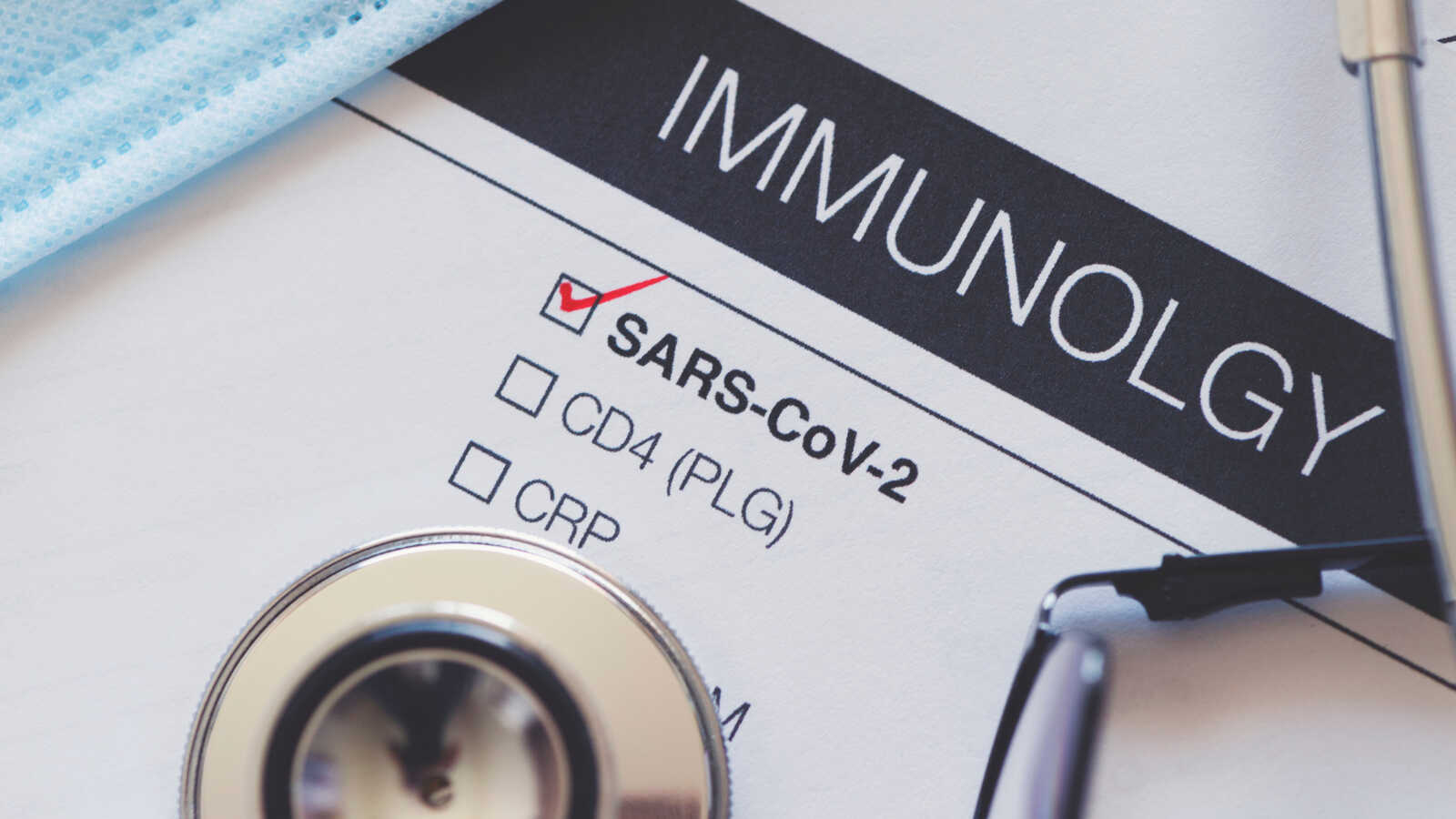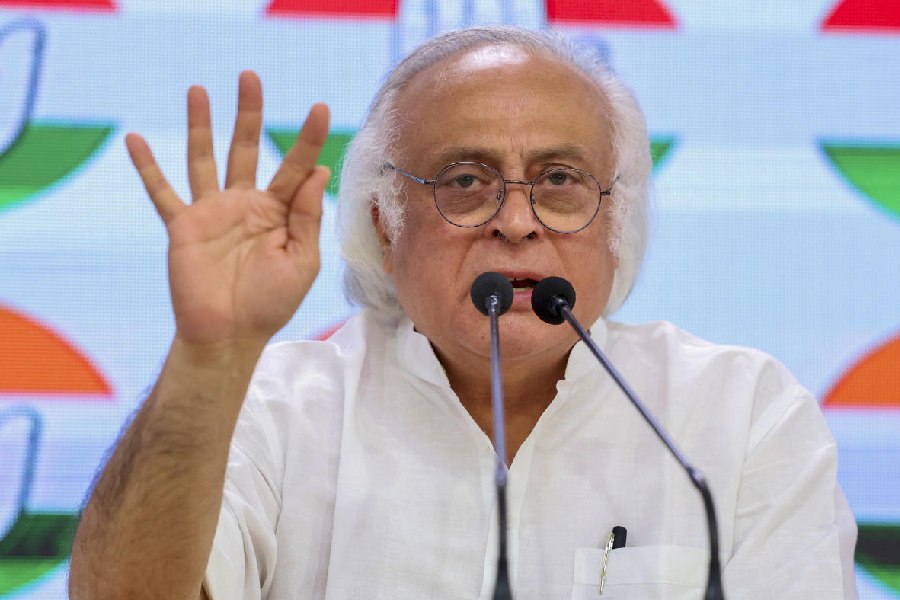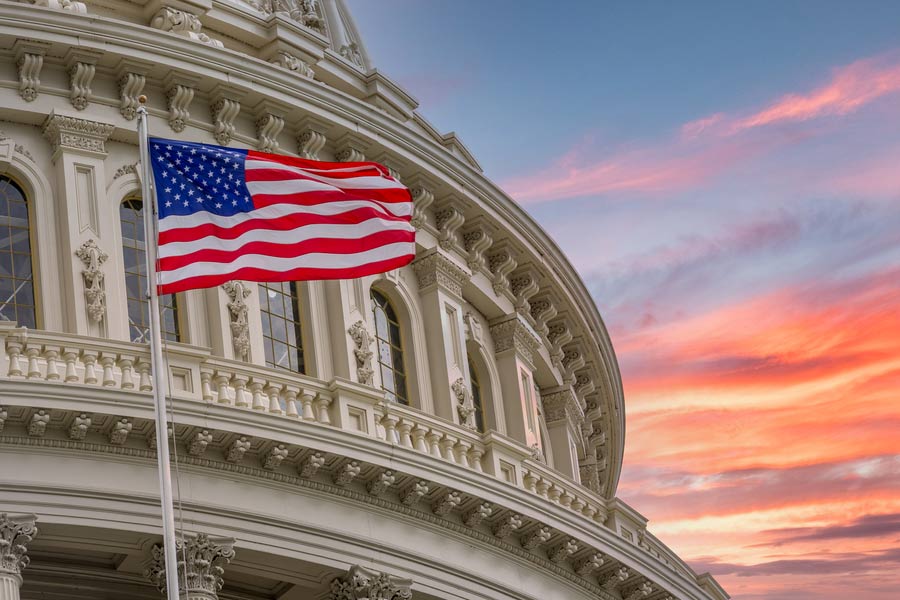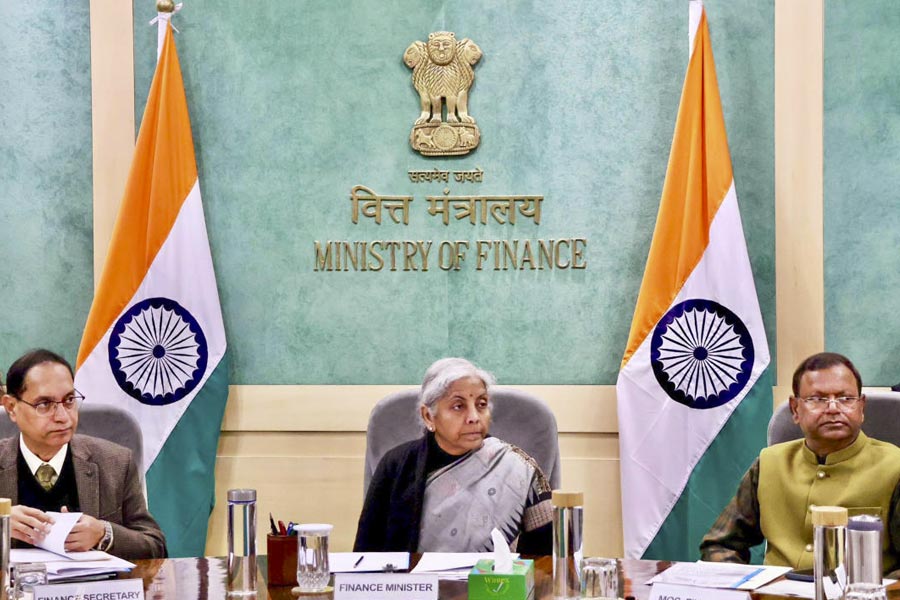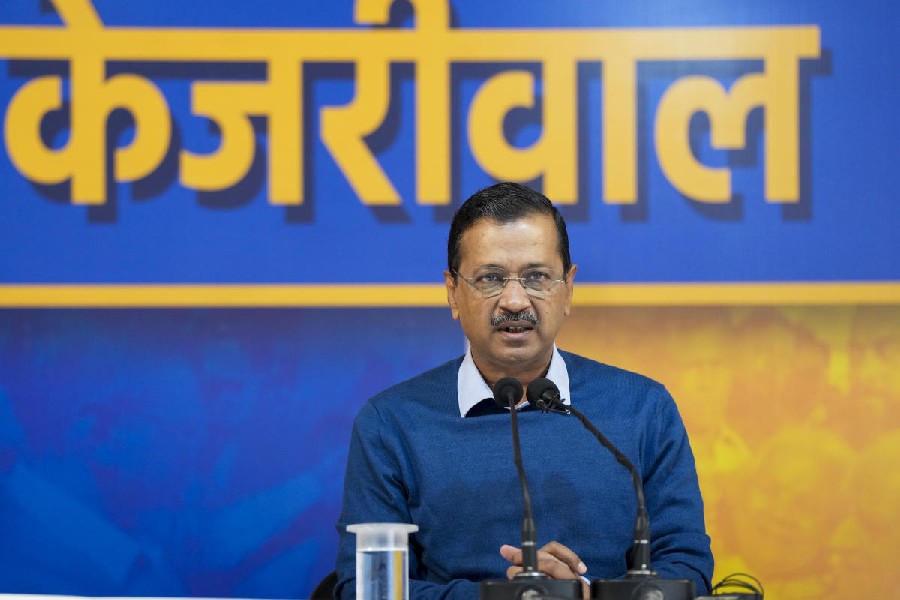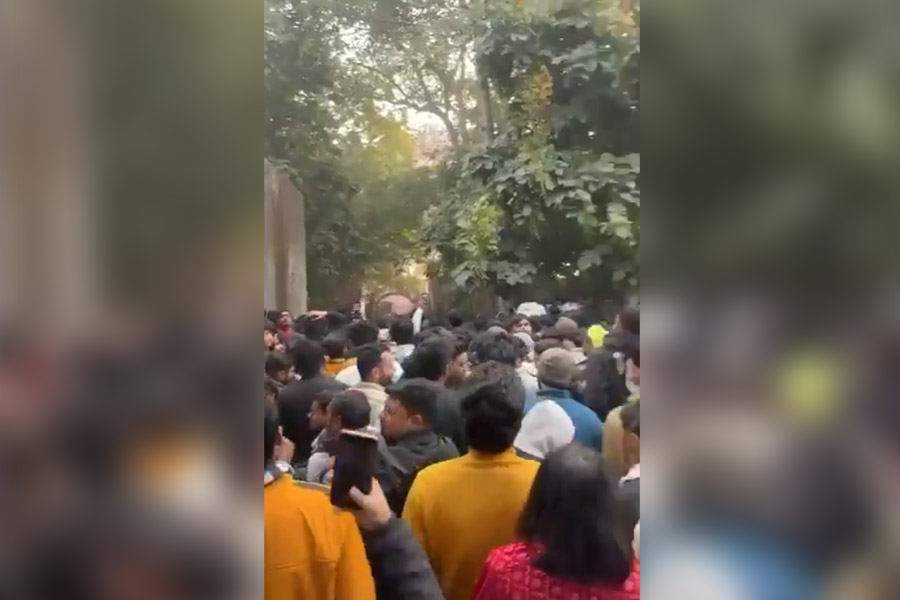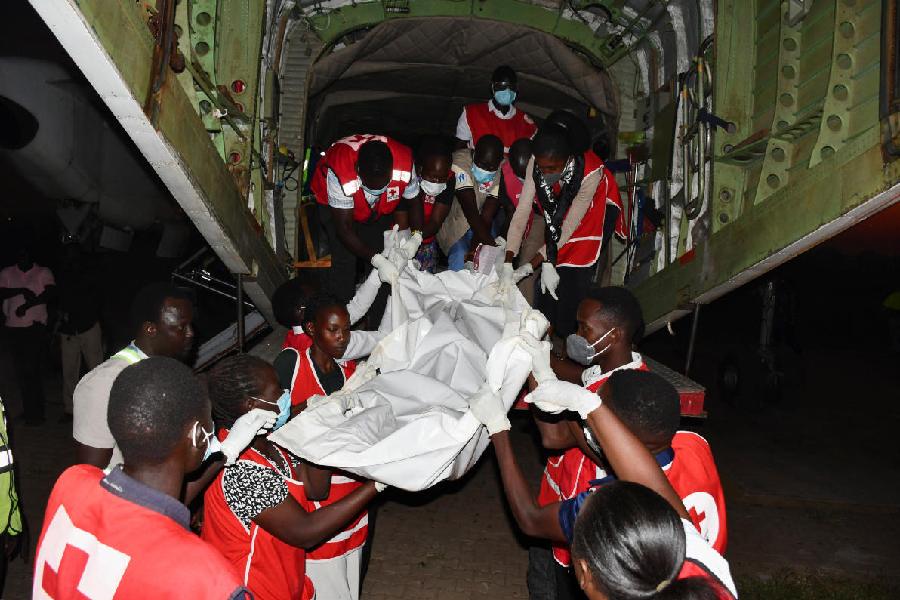Severe acute respiratory syndrome-coronavirus 2 (SARS-CoV-2) emerged in 2019 in Wuhan, China and has been found to cause an acute respiratory illness called coronavirus disease 2019 (COVID-19). Some patients develop a severe form of this disease leading to death. Around 80% of individuals infected with SARS-CoV-2 appear to recover without antiviral treatments, indicating that an adequate host immune responseagainst the virus may be sufficient to cure the viral infection. In contrast, the other 20%of patients develop severe forms of this disease, suggesting that an inappropriate immune response may predispose to poorer outcomes.
A. What is the immunopathogenesis of COVID-19?
Ans. After infection with SARS-CoV-2, the virus enters via ACE2 receptors of alveolar epithelium in lungs. These infected epithelial cells recruit dendritic cells, neutrophils and monocytes/macrophages, leading to the activation of CD4+ and CD8+ T cells. These cells exert anti-viral immune responses, completely suppressing viral replication or eradicating the virus in almost 80% of infected patients. In the remaining 20%, however, T cell populations are reduced due to unclear mechanisms. Rather, a cytokine storm occurs, resulting in various complications such as acute respiratory distress syndrome (ARDS), irregular heart rhythms, low blood pressures etc. Various cytokines including IL-6, produced by activated dendritic cells and monocytes/macrophages, are thought to be key factors causing the severe pulmonary disease. Serum IL-6 concentration is associated with disease severityand mortality. Blocking IL-6 pathways have certain therapeutic effects against cytokine release syndrome (CRS) and ARDS inpatients with a severe form of COVID-19.
B. How our body produces immune response against Coronavirus?
Ans. Following viral infection, the inborn or innate immune system is immediately activated to eliminate pathogens without harming host cells. This system is responsible for host defences until the development of acquired immunity, with T andB cell responses being fully activated 7 or more days after infection. An analysis of temporal dynamics in viral shedding showed that the peak of viral shedding from the throatoccurs prior to the onset of symptoms and gradually decreases thereafter, suggestingthat an antiviral innate immune response suppresses viral replication during earlyphases of COVID-19. The expression of type I interferon (IFN), which is usually produced by virus infected cells and can suppress viral replication and limit the dissemination of infectedcells, is thought to be suppressed in COVID-19. The innate immune response, coupled with subsequent acquired immune responses, may be sufficient to eradicate the virus in 80% of infected patients,who recover without antiviral treatments, but may not be vigorous enough toeradicate the virus in the remaining infected patients.
C. How does herd immunity work?
Ans. Certain infectious diseases having human to human transmission can be controlled if a susceptible population develops herd immunity. The herd immunity is said to have achieved if 60% - 70% of a population develops immunity against the pathogen either by infection or immunization. Then the chain of transmission can be broken for a long term. Herd immunity is difficult to achieve in COVID19 as it undergoes frequent mutation resulting in vaccine escape.
D. Myths & Facts of COVID19:
1. Drinking Warm Water/ Steam inhalation
Myth: Drinking warm water/ inhaling steam rinses the COVID-19 virus from my throat.
Fact: While water is vital for your overall health, science doesn’t back up the idea that drinking warm water/ inhaling steam protects you from COVID-19. The only thing it might do is soothe your throat and ease a cough if you’re already sick.
2. Supplements
Myth: Vitamin and mineral supplements can cure COVID-19.
Fact: Vitamins D and C and the mineral zinc can boost your immune system. This is mainly true for people who lack these supplements. But there’s no evidence that they can prevent or cure COVID-19 by taking these supplements.
3. COVID-19 Reinfection
Myth: I’ve had COVID-19 or have taken vaccine, so I’m immune.
Fact: Scientists have studied similar viruses and say it’s possible to get COVID-19 more than once. They’re still learning more about how likely you are to get infected again, how often it happens, and who has a higher chance of getting the disease again. Even if you’ve had COVID-19 or have taken vaccine, you should still wear a mask in public, stay away from crowds, and wash your hands.
4. COVID-19 Vaccine Safety
Myth: The COVID-19 vaccines are unsafe because drug companies created them quickly.
Fact: Because we’re in a global pandemic, drug companies spent lots of time & money quickly and overlapped the various phases of clinical trial for making the COVID-19 vaccines. But that doesn’t mean they’re unsafe. All the vaccines gothrough strict studies to make sure they’re safe and will work. The regulatory bodies like WHO, USFDA, DCGI etc. also approve them before public use.
5. COVID-19 Vaccine illness
Myth: The vaccines will make me sick with COVID-19.
Fact: None of the approved COVID-19 vaccines, or that other companies are currently developing, have the live virus that causes COVID-19.
The bottom line: A COVID-19 vaccine can’t make you sick with the disease.
The article is written by Dr.Sayan Chakraborty, Consultant – Infectious diseases, AMRI Hospitals, Kolkata (Dhakuria, Mukundapur)

